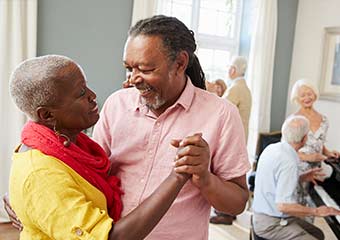Could dancing the tango improve cognitive function? According to the non-profit organization Dance for PD® (Parkinson’s disease), the answer is yes. Because Parkinson’s is a brain disorder, some people thought it might be uniquely affected by something like dance. So they approached the Mark Morris Dance Group in Brooklyn, New York, about creating a program […]
Autism: Is There a Gut Connection?
Could there be a connection between autism and the gastrointestinal system? A team of researchers led by Elaine Y. Hsiao of the California Institute of Technology recently noted that a subset of people diagnosed with autism also display a spectrum of gastrointestinal abnormalities. So to test this, her researchers injected mice with an immunostimulant known […]
Neuroplasticity: Powerful Possibilities . . . With a Dark Side
We often see neuroplasticity as one of the brain’s greatest assets. The neuroplastic potential to restore function after trauma, resist the deterioration that comes with aging, and bolster core capabilities borders on miraculous. But there’s another side to neuroplasticity . . . In fact, many of the things that bother us about ourselves – our […]
Old Before Their Time: The Effect of PTSD on Children’s Telomeres
How does trauma affect the brain? Well, one way we can look at that is to look at how trauma affects telomeres, which are protective caps on the ends of chromosomes that keep them from deteriorating. As we age, telomeres naturally get shorter and eventually, die. So they make a great marker of cell aging […]
Do Electronic Devices Affect Sleep?
Does reading from an electronic tablet before bedtime affect sleep? We’ve known for some time that artificial lighting can alter the body’s natural 24-hour circadian rhythm. But now, our lives seem saturated with electronic devices that emit short-wavelength-enriched blue light as opposed to broad-spectrum white lights. And often, we’re reading from those gadgets at night […]




